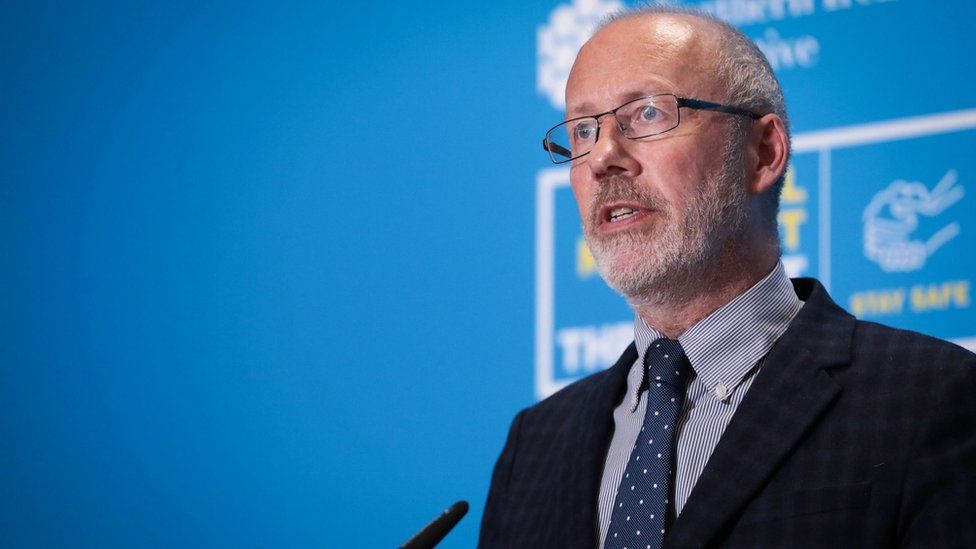文章管理 查看文章


Northern Ireland's chief scientific adviser will not face any action from the General Medical Council (GMC) arising from the Hyponatraemia Inquiry.
Professor Ian Young lost a High Court bid in 2021 to block a GMC investigation.
It looked into allegations he failed to tell the family of a nine-year-old girl who died about "failings" in her treatment.
Claire Roberts died at a Belfast hospital in 1996.
She died from hyponatraemia, which is linked to a shortage of sodium in the blood.
Claire was one of five children whose deaths at hospitals in Northern Ireland were examined by the 14-year-long Hyponatraemia Inquiry.
The inquiry found that the deaths of four of those children were avoidable.
Prof Young was not involved in the treatment of any patients.
In 2004, the then Medical Director of the Royal Group of Hospitals, Professor Sir Michael McBride, now chief medical officer, asked Prof Young to provide an independent assessment on whether hyponatraemia contributed to Claire's death.
The purpose of Prof Young's assessment was to inform Dr McBride's decision over whether to refer the matter to the coroner.
Image source, Alamy
In a statement to the BBC, a spokesperson for the GMC said that "after carefully considering this case, we did not find evidence that action would be necessary to protect future patients".
"Our thoughts are with Claire Roberts' family and all those who tragically lost children to hyponatraemia in Northern Ireland."
Claire's father, Alan Roberts, said he and his family were "truly shocked by this decision and strongly disagree with its reasoning".
He said the family was informed last week that the GMC had finished its investigation concerning Professor Young.
Mr Roberts said they would be "contesting and challenging this decision".
It is understood the GMC is legally obliged to apply a threshold to all complaints and can take action only where it thinks there is a risk to future patients or public confidence.
Related Topics